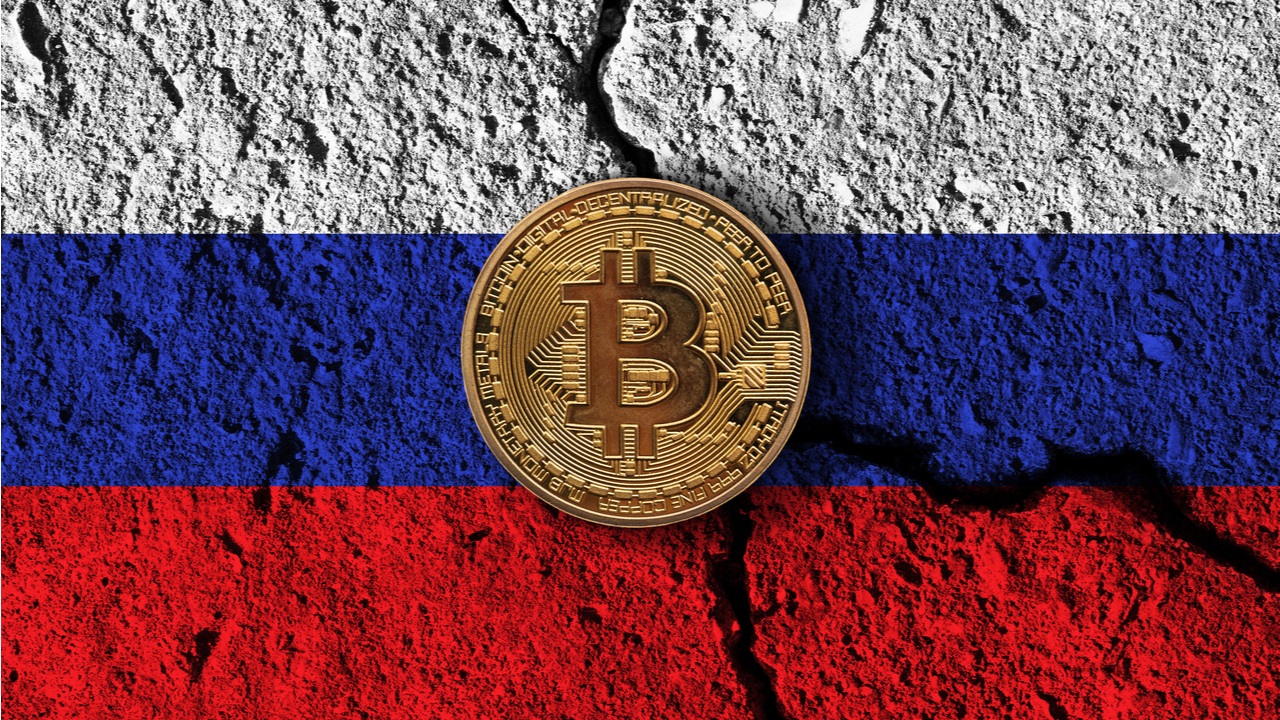Russia Intensifies Crypto Mining Regulations as Tax Focus Grows
22.11.2024 15:00 1 min. read Kosta Gushterov
Russia’s tightening regulations on cryptocurrency mining have led to a surge in licensing applications, with the tax authorities receiving 150 submissions since November 1, 2024.
Daniil Egorov, head of the Federal Tax Service, stated that the process is just beginning, and more applications are expected. Miners using under 6,000 kWh of energy monthly are exempt from registration, but others must disclose mining assets and wallet information.
While some speculate that Russia may be following China’s lead in restricting crypto, experts believe the government’s goal is to tax the growing digital asset sector. Other countries, like India and Denmark, have also introduced high taxes on crypto.
Russia’s push to regulate mining comes amidst concerns over its energy consumption and may signal a broader shift toward crypto acceptance, similar to El Salvador’s legalization of Bitcoin.
In addition, nations like Bhutan have recently profited from Bitcoin sales, despite not recognizing cryptocurrencies as legal tender. Bhutan’s government wallet now holds over a billion dollars in crypto, bolstered by a recent market rally.
-
1
U.S. Crypto Investors Hit by IRS Letter Surge as Tax Crackdown Looms
29.06.2025 11:00 3 min. read -
2
Ripple Drops Cross-Appeal, Moves to End SEC Case “Once and for All”
28.06.2025 12:30 2 min. read -
3
Europe’s Largest Euro-Denominated Spot Crypto Exchange Secures License Under MiCA
29.06.2025 12:00 2 min. read -
4
SEC Approves Grayscale ETF Tracking Top Five Cryptocurrencies
02.07.2025 9:06 1 min. read -
5
Kazakhstan to Establish State Crypto-Reserve Under Central Bank Oversight
30.06.2025 17:00 2 min. read
U.S. Regulators Define Crypto Custody Rules for Banks
U.S. banking regulators have issued fresh clarity on how financial institutions should handle cryptocurrency custody.
Crypto Week Begins: U.S. Congress Advances Key Bills as Trump Pushes for Regulatory Clarity
The United States has entered a pivotal week for the crypto industry as lawmakers and digital asset advocates prepare for what’s being dubbed “Crypto Week.”
Senate Confirms Crypto-Linked Nominee Jonathan Gould to Head OCC
The U.S. Senate has confirmed Jonathan Gould as the next head of the Office of the Comptroller of the Currency (OCC), moving his nomination to President Donald Trump for final approval.
Australia Tests CBDCs in 24 Separate Real-World Finance Use Cases
Australia is stepping up its digital currency efforts with the next phase of Project Acacia, a pilot focused on testing central bank digital currency (CBDC) and tokenized finance in real-world applications.
-
1
U.S. Crypto Investors Hit by IRS Letter Surge as Tax Crackdown Looms
29.06.2025 11:00 3 min. read -
2
Ripple Drops Cross-Appeal, Moves to End SEC Case “Once and for All”
28.06.2025 12:30 2 min. read -
3
Europe’s Largest Euro-Denominated Spot Crypto Exchange Secures License Under MiCA
29.06.2025 12:00 2 min. read -
4
SEC Approves Grayscale ETF Tracking Top Five Cryptocurrencies
02.07.2025 9:06 1 min. read -
5
Kazakhstan to Establish State Crypto-Reserve Under Central Bank Oversight
30.06.2025 17:00 2 min. read


